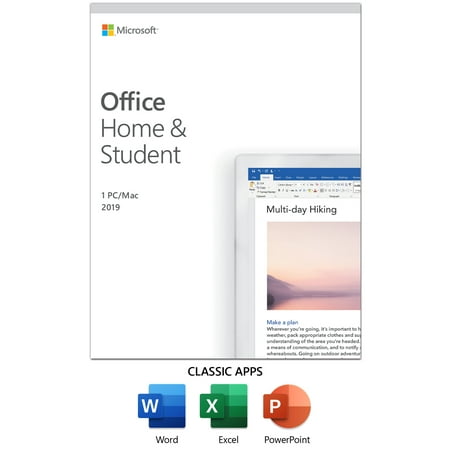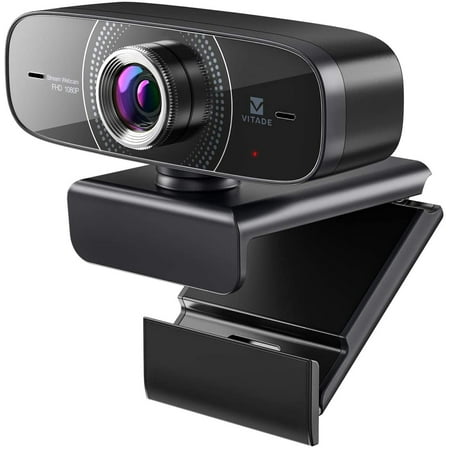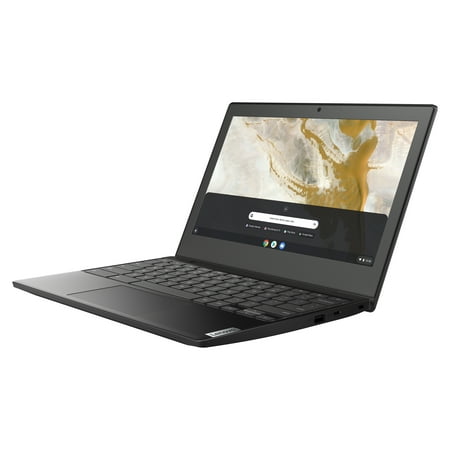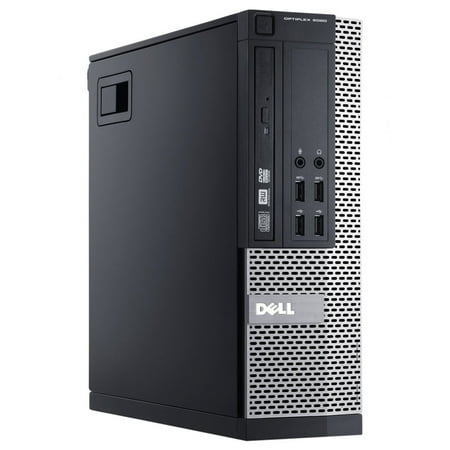Refurbished HP V2W30UT#ABA Business Chromebook 11.6 CB 11G4EE N2840 4G 16G
*This item is REFURBISHED. 11.6″ HD UWVA anti-glare LED slim (1366 x 768) RUGGED, Intel Celeron N2840 with Intel HD Graphics/4 GB DDR3L-1600 SDRAM/Chrome/Bluetooth 4.0/IEEE 802.11a/g/n/ac.








Reviews
There are no reviews yet.